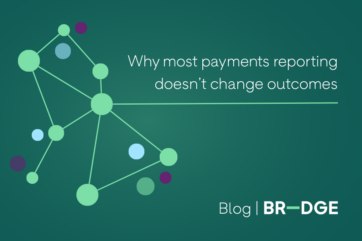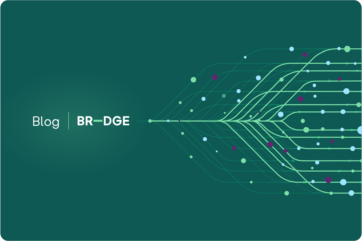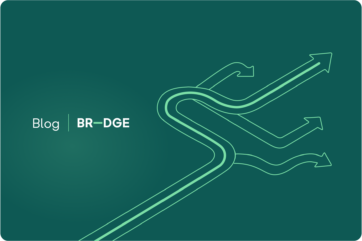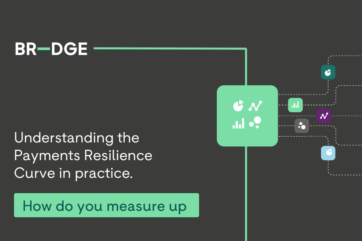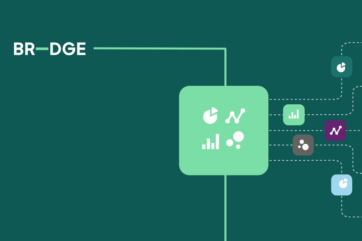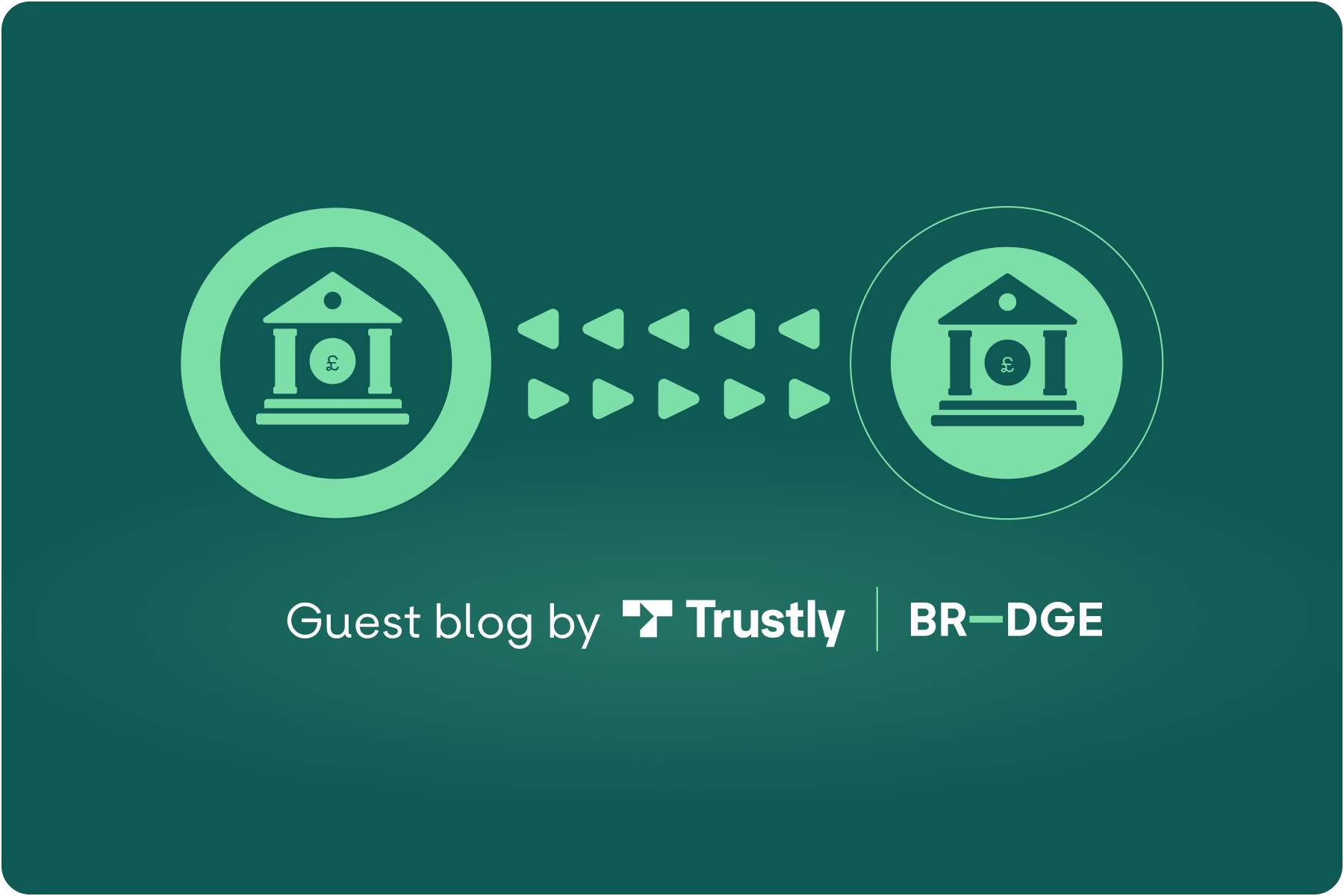
Webinar Recap: Should acquirers become payment orchestrators?
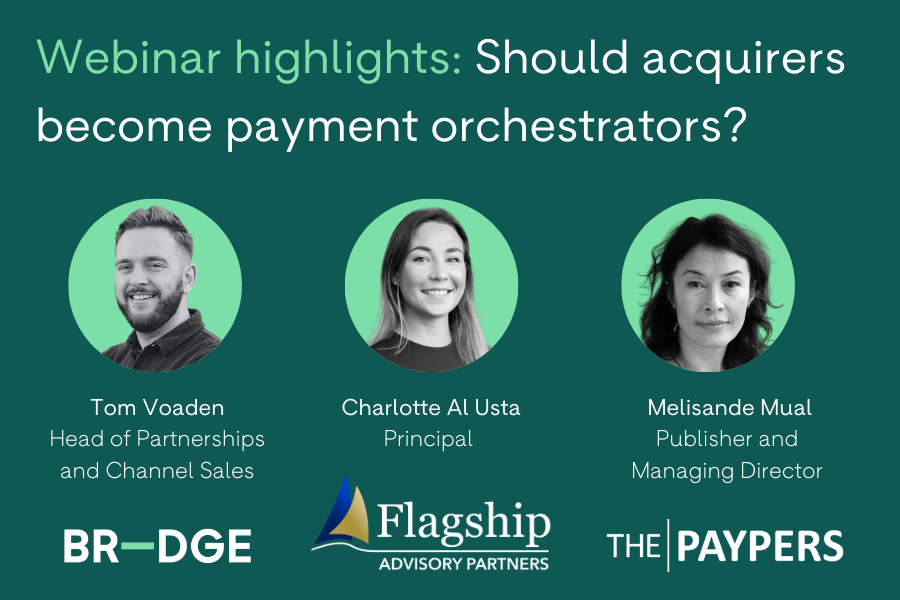
Our recent webinar hosted by Melisande Mual of The Paypers, featured an in-depth and insightful discussion with Tom Voaden of BR-DGE and Charlotte Al Usta of The Flagship Advisory Partners.
The session revealed the challenges and opportunities around payment orchestration. The question on everyone’s lips is can acquirer-led orchestration be the key to redefining how the merchant payments ecosystem works?
The biggest challenge facing acquirers
Unsurprisingly, our poll revealed legacy technology and speed to innovation are the biggest roadblocks for acquirers. Often the reliance on legacy tech causes a slower approach to improvements, leaving acquirers struggling to keep up with constant modernisation that both merchants and their consumers crave.
Acquirers and payment providers have traditionally considered payment orchestrators to be a competitive threat. However, many are now exploring the idea of using orchestration themselves to modernise their technology, and directly offer greater flexibility and value to their merchants. Orchestration can offer acquirers a way to secure competitive edge and adopt technology that drives business growth.
The Evolution of Merchant Payment Processes
The last two decades have witnessed significant shifts in how merchants manage payment processes. "Prior to the 2000s, when e-commerce was still nascent, merchants typically relied on acquiring banks," says Charlotte.
From 2000-2010, the rise of online banks brought gateways into prominence. These gateways became the preferred model for payment enablement, bridging merchants and acquirers. Traditional acquirers lacked robust front-end solutions, making gateways essential for enterprise merchants.
The 2010s saw a shift towards fully-bonded Payment Service Providers (PSPs). "We observed diversified acquirers and payment processors buying gateways," Charlotte explains. "Simultaneously, new providers emerged, initially starting as technical PSPs."
These full-service providers combined technical front-ends with card acquiring and Alternative Payment Methods (APM) collecting, offering a wide range of value-added services. While the 'one-stop-shop' model proved successful, it had limitations. Growing merchants needed to cater to multiple geographies, verticals, and channels. Large enterprises sought a multi-acquirer approach to satisfy consumer demand and sustain revenue streams. This is where payment orchestrators like BR-DGE entered the market.
"Orchestrators are now not only solving challenges for large enterprise merchants but are also expanding into the mid-market segments and exploring white-labeling opportunities," adds Charlotte.
Acquirer Challenges
Acquirers face the battle of continuous evolution in order to add tangible value for their merchants. Pressure from consumers who so often abandon purchases when better choice or ease is provided elsewhere, leads to merchants looking to acquirers to provide the innovation they need. This need for constant adaptation is a very real issue for acquirers who are concerned about the threat of newer ‘one-stop-shop' payment providers, or being disintermediated by orchestrators.
Orchestration can actually give a competitive edge, rather than a threat - helping acquirers with a lot of these market challenges. Tom explains why:
“Payment orchestrators can be that key piece of technology that helps plug gaps for acquirers since they are already doing that successfully for merchants.”
Regulation and mandates put another layer on pressure on acquirers. Not only do regulators increasingly expect more of acquirers, but scheme mandates and compliance demands add to that pressure.
Meanwhile, legacy acquirers have to deal with the threat of new full stack modern providers entering the market and disrupting it. Tom comments, “This threat is definitely being felt through the acquiring landscape, especially for those who are really struggling to keep up with regulation, mandates and merchant expectations, let alone being able to launch new, shiny offerings that provide more than that core acquiring payments tech.”
So, how does payment orchestration tackle a suite of acquiring challenges as complex as these?
Orchestration Opportunities
Payment orchestration benefits both merchants and acquirers by enhancing technology, providing access to third-party providers, and solving problems with preferred providers. This strengthens crucial relationships and gives acquirers more control over processes and their technology roadmap.
An independent gateway layer, provided by payment orchestration, is valuable for multinational merchants working with various PSPs. Without it, merchants must manage PSPs, integrations, and siloed payments internally. "Roughly half of the merchants we interviewed last year prefer this independent gateway layer," Charlotte confirms.
However, payment orchestration has now expanded into the mid-market segment, offering white-label solutions. "Our enterprise-grade orchestration layer provides a full set of products and allows integration of different offerings at various points," says Tom. The ability to choose between a plug and play service or a full 360 orchestration transformation layer, is exactly where the opportunities lie. Orchestration can fit into acquirers existing systems and in turn, give them complete control and allowing them to retain key relationships with merchant customers.
Tom adds, “Payment orchestration as a white-label offering is really future-proofing acquirer technology because as they go forward it all goes into one tech layer.”
Charlotte highlights the key opportunity for acquirers to truly improve their product offering via payment orchestration. “The value-added services payment orchestration can bring will become an important product differentiator in the future. Things like data reconciliation, APM connectivity and additional analytics make a great difference to the speed of innovation.”
Final Thoughts on Acquirer-Led Orchestration
In a suitable round-off to what was a jam-packed session, Tom captures why acquirers are ultimately leaning towards payment orchestration, in a shift that essentially follows the wants and needs of their merchants, who began exploring payment orchestration first and are now ultimately fueling a desire for acquirers to satisfy their needs and simplify their own challenges.
“The power of payment orchestration for acquirers is really the ability to use modular technology, create that kind of independent technology layer, which you can ultimately use in the way you want, get the benefits of the bits of orchestration that you want, brand them yourselves, have complete control over and better manage it for your customers.”
Watch the full webinar here.
Find out more about BR-DGE's white-label orchestration layer for acquirers here
For more unmissable payment insights, explore our knowledge hub.
Related content
